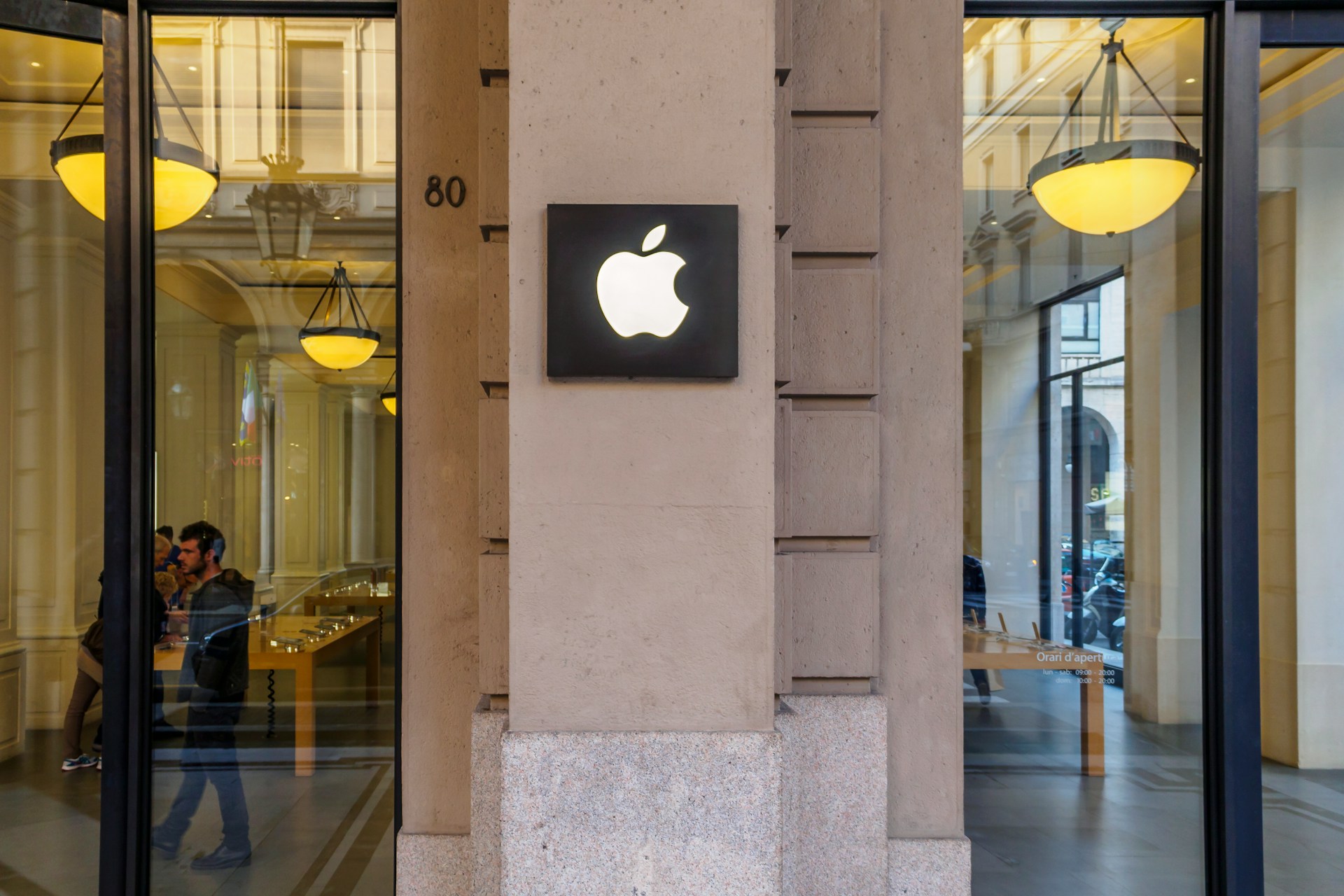The European Commission’s legislation on universal chargers has put Apple’ s iPhone and its single charging terminals in check. Although the deadline for manufacturers to adopt this measure is 2024, it seems that the new iPhone 15 will already include this new feature.
However, while Apple appears to be docking on the requirement for a universal port, there are rumors that it will implement restrictions on charging speeds on non-Apple chargers.
This attempt to circumvent the law could lead to a ban on iPhone sales in Europe, especially after warnings about the illegality of this maneuver.
What are the regulations for which Apple could be sanctioned?
European Union regulations seek universality in the charging ports of the different devices marketed there. As of the deadline all consumer electronic devices will be required to adopt a USB-C charging port. In this way, everyone will be able to use the same universal charger, regardless of the device brand. This regulation covers not only cell phones but also tablets, digital cameras, headsets, e-book readers and portable navigation systems, among others.
The main objective of this resolution is to reuse chargers and allow everyone to use the same charger for different devices. In this way, it seeks to reduce electronic waste significantly, in addition to being very practical for users.
What is Apple’s maneuver to evade this regulation?
Currently the iPhone, Apple’s flagship product, is the only device with a single charging port, the so-called Lightning. Other Apple products have been changing their charging ports to Type-C, such as the iPad or MacBook, but the iPhone had not yet made the leap. However, it seems that Apple’s next release, more precisely the iPhone 15 will already include this type of USB-C port. The problem is that the company is planning to include an authentication chip that would serve to limit data transfer or charging. That is, when using non-Apple cables or chargers, battery charging and data transfer will be slower than using an original charger.
In response to these rumors, EU Internal Market Commissioner Thierry Breton wrote a letter to Apple to inform them that this is unacceptable. According to Breton, devices that do not comply with the uniform charger legislation will not be authorized in the European Union market. He also stressed that the objective of the regulation is to ensure interoperability between equipment and chargers, increase consumer convenience and reduce costs.
In response to this, the European Commission would publish a set of guidelines during 2023 to ensure uniform interpretation of the regulations by all. Breton also informed Apple that member state authorities can recall non-compliant products from the market.




